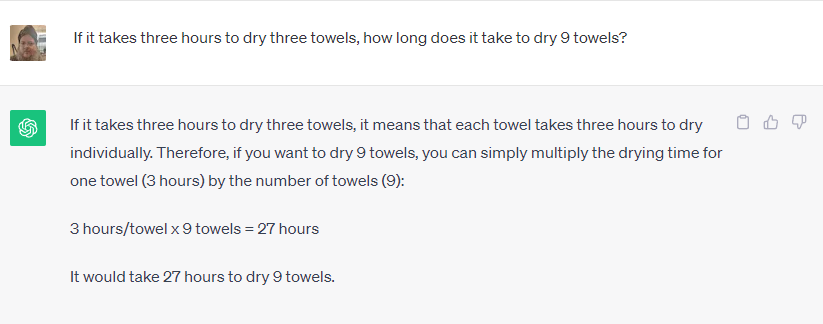I'm sick of AI

Android & Chill

One of the web's longest-running tech columns, Android & Chill is your Saturday discussion of Android, Google, and all things tech.
Once upon a time, there was this thing called AI. It started as a bit of code that could amalgamate information from one source so it could be manipulated to do useful things. As it grew, people writing that sort of code realized that there was potential to do even more useful things with it so dedicated computers were designed and built to be programmed to crunch the code even faster.
Then, someone — call him Jeff — decided that everything needed more AI. Jeff might have been drunk or high that day. Jeff pitched his idea to the "right" person, and AI transformed from something useful into something stupid. And you can't get away from it.
I know I'm biased. After all, I have to look at tech all day, every day to make my living because my lifelong dream of being a professional slacker isn't going to pay my bills. I also know that I'm not alone and a lot of people are getting sick and tired of AI this and AI that every time they look at a screen.
I'm also not some Luddite or an old man yelling at the clouds. At least not this time. There are some valid concerns about AI and how it's taken over every facet of our tech lives. Dammit, Jeff, this is all your fault.
AI will make us lazier and stupider if we let it

AI doing things like monitoring apps that use too much of your phone's battery is great. AI that makes it easy to fix a picture you took so that Grandpa looks awake or one of the kids isn't digging in the mud is fine and convenient. AI trying to actively teach you something could be good... but it's not.
That's because AI isn't intelligent (regardless of the label on the tin) and can't really learn anything. AI, at every level, is just a computer program that spits out the information it was programmed to spit out. Google has given us plenty of proof with the mess that is AI Search (and admits it), and anyone who asks ChatGPT about drying towels knows zero critical thinking is involved. Is cramming it into every new phone or laptop really such a good idea?
It's comical in a way, and laughing at the dumb shit a company worth billions is willing to spit out is fun. Those programming uber-nerd types make the same mistakes we do because they are people; humans aren't perfect. But those errors aren't the problem.
Those arise when the errors sound plausible and correct enough that we believe them. AI leans heavily on plagiarizing copying things someone else has already said. Since people aren't perfect and can make mistakes, sometimes AI is going to be wrong, but it sounds like it's right. Unless we can fact-check everything some conversational AI bot tells us, we aren't going to know.
Do you want to take the time to fact-check everything Microsoft CoPilot or Google Gemini tells you? Nope. Neither do I. If I'm doing that, I could skip the bot and look it up myself. Relying on a bot that may or may not be right is lazy, and companies want us to do more of it.
Don't get me started on people who purposefully use AI to spread bad information. Every time some politician or stupid "action group" uses AI to make an image where people have 11 fingers across three arms and try to pass it off as proof of something, a kitten dies. Those are bad, evil people, and AI helps them become badder and more evil.
So what can we do about it?

Unless you are willing to throw away everything you own that has a screen, you will be inundated by stupid AI. Eventually, AI should get better, but nobody is going to slow down and wait for it. Doing the right things isn't as profitable as telling us how AI will "disrupt" some sectors, and company X is going to be at the forefront. AI is a tech buzzword that isn't going away anytime soon.
You have all the tools to combat the insanity; you only have to use them. Think critically. Know that there is a high likelihood that anything AI tells you is wrong. Know that the Facebook group your uncle is in will be more than willing to spread doctored AI-generated images. Know that now, more than ever, much of what you see is a lie, and you'll quickly learn how to sort fact from fiction.
It's not up to us to fix this mess. I hope the companies who have pushed this at us are willing to do it, but we can only depend on them to do the profitable thing.
In the meantime feel free to think less of every tech company willing to be so bad at it.
